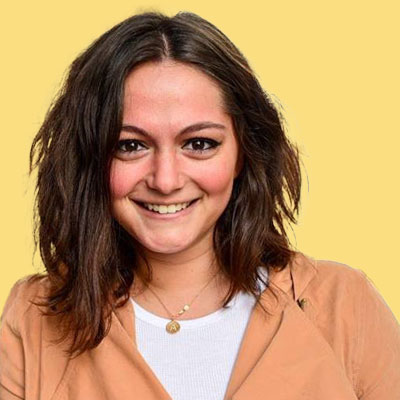Since completing my degree, I have been working towards obtaining admission into medical school and most recently obtained a full-time role as an Opioid Patient Navigator for Western Connecticut Health Network working across Norwalk, Danbury, and New Milford Hospitals. I have had the opportunity to dive head first into the field of substance abuse from a public health standpoint which has been accompanied by community outreach, ambulance ride alongs, and first response patient contact. In my role, I help to transition patients on chronic opioid therapy to alternative pain management strategies. I am a part of the network’s Behavioral Health team, which provides support to high-risk patients. I also reach out to patients who have received Narcan for narcotic and opioid overdoses in the field to provide clinical navigation services including access to medical care, detox services or to residential rehabilitation. I am also an active participant in various community group meetings and opioid workgroups to provide support, education, and innovative ways to target the populations in which we work. This ability to work with many different groups and departments has effectively helped streamline my role as an opioid navigator and to become a champion of prevention efforts serving the Connecticut population.





